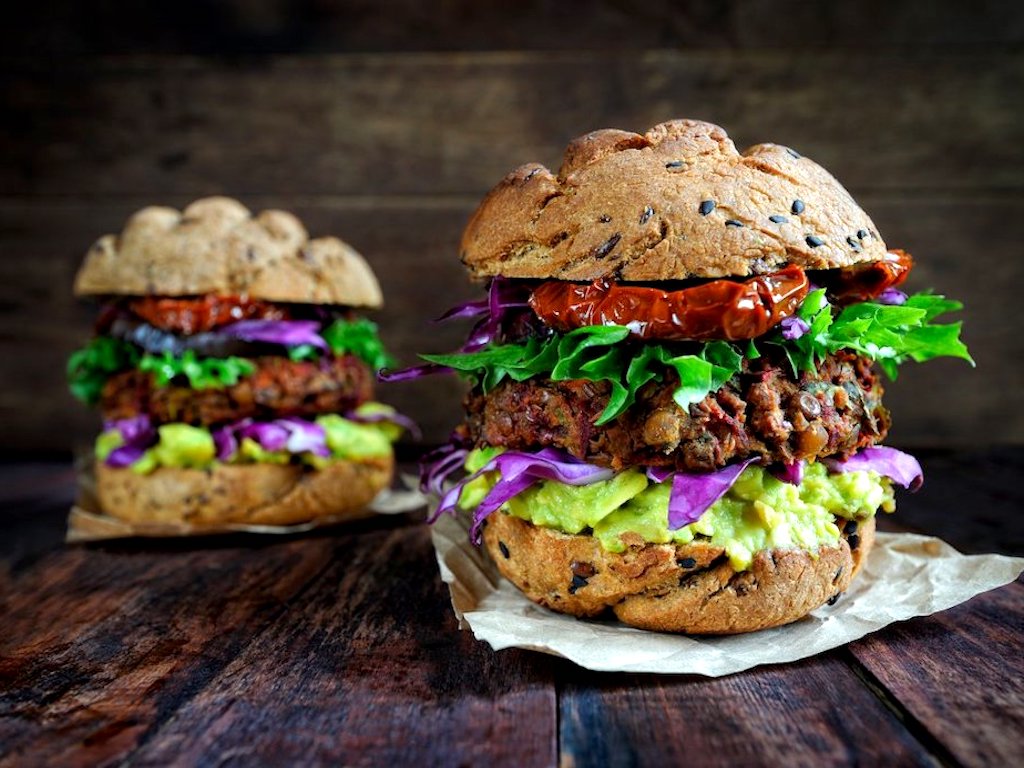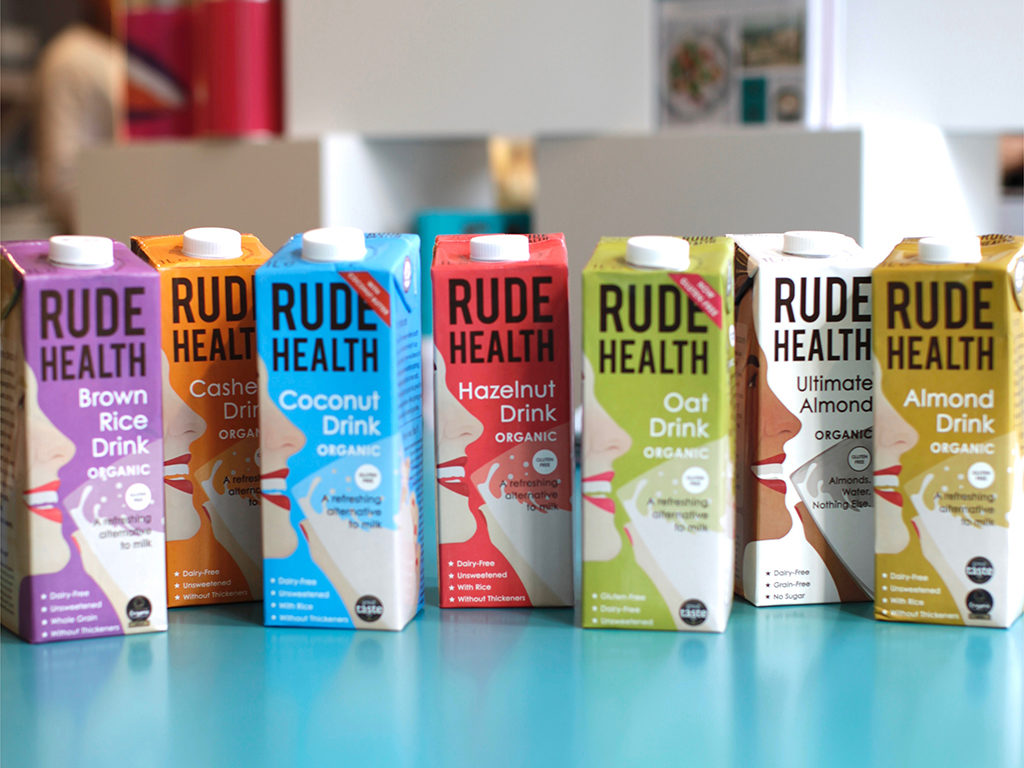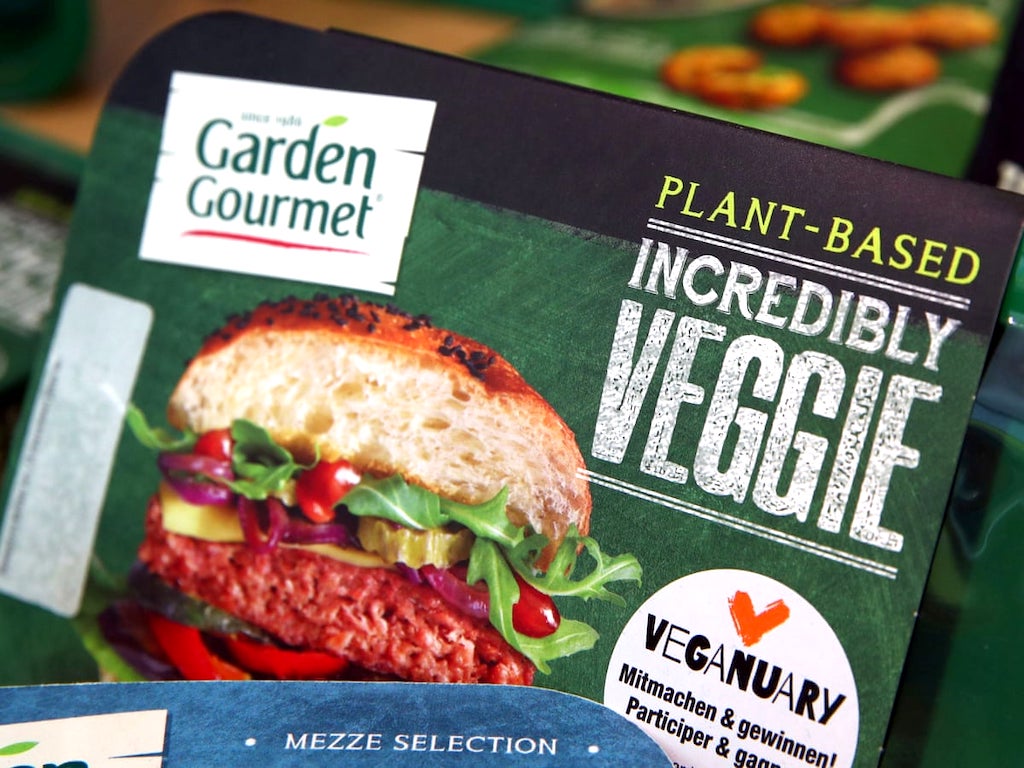5 Mins Read
The European Union has voted against proposals that would have banned plant-based products from being labelled with “meaty” terms such as burgers and sausages. While the decisive vote to keep veggie burgers on the menu was hailed a win for plant-based meat makers, the EU also “tied the hands” of plant-based dairy producers, backing the decision to further restrict terms that describe such products as a dairy “alternative” or “style”. Climate activists and sustainable food advocates have criticised the move, saying it will prevent consumers from making informed decisions and contradicts the EU’s Farm to Fork strategy as part of its Green New Deal.
On Friday (October 23), the European Parliament voted against measures that would prevent plant-based meat alternatives from using terms like burger, sausage or steak. The proposed amendments would have meant that such products would need to be labelled with substitute terms, such as “discs” or “tubes” – but it was voted down with 379 MEPs against the changes after deciding meaty terms would not be misleading consumers.
“Reason prevailed, and climate sinners lost,” said Denmark MEP Nikolaj Villumsen in a post on Twitter. “It’s worth celebrating with a veggie burger.”
Consumers are in no way confused by a soy steak or chickpea-based sausage, so long as it is clearly labeled as vegetarian or vegan. Terms such as ‘burger’ or ‘steak’ on plant-based items simply make it much easier for consumers to know how to integrate these products within a meal.
Camille Perrin, Senior Food Policy Officer at the European Consumer Organisation (BEUC)
Camille Perrin, senior food policy officer at the European Consumer Organisation (BEUC) commented after the vote: “Consumers are in no way confused by a soy steak or chickpea-based sausage, so long as it is clearly labeled as vegetarian or vegan. Terms such as ‘burger’ or ‘steak’ on plant-based items simply make it much easier for consumers to know how to integrate these products within a meal.”

However, measures proposing further bans on dairy descriptions did pass. This will mean terms like “yoghurt-style”, “cheese alternative” or “cream imitation” for dairy-free replacements would essentially be banned, in another blow to the already heavily obstructed plant-based dairy sector. A previous 2017 ruling bans producers from using terms like “milk” and “butter” on non-dairy products.
The EU argued that this dairy terminology law would avoid consumer confusion over these products, in a move described as a “good day for the EU lactosphere” by big dairy companies in Europe to the dismay of the plant-based dairy sector who have been disrupting the industry with their sustainable and ethical alternatives in recent years.
“Adding in a further restriction to stop terms that liken plant-based foods to dairy, such as ‘alternative’ or ‘style’, is going to stop manufacturers from accurately describing their products and mean that consumers actively seeking to reduce their environmental impact and shop more ethically will be poorly informed,” said Louise Davies, the head of policy at The Vegan Society.
Adding in a further restriction to stop terms that liken plant-based foods to dairy…is going to stop manufacturers from accurately describing their products and mean that consumers actively seeking to reduce their environmental impact and shop more ethically will be poorly informed.
Louise Davies, Head of Policy at The Vegan Society
“We are perplexed by this decision by MEPs who should be doing all they can to support the consumption of plant-based products to address the growing climate crisis.”
Elena Walden, the policy manager at the Good Food Institute Europe, a nonprofit advocating the shift to alternative proteins, added: “It’s baffling that, at the same time, MEPs have tied the hands of the already-restricted plant-based dairy sector.”

“Terms like ‘milk’ and ‘cheese’ are already banned for products made from plants, but this vote could forbid helpful descriptors like ‘yogurt-style’ and ‘butter alternative’ – further undermining the EU’s sustainability commitments.”
While animal livestock is responsible for as much as 17% of the EU’s greenhouse gas emissions, the dairy industry’s role is not to be dismissed. According to a recent Greenpeace report, when factoring in both the meat and dairy industry in the EU, animal agriculture as a whole produces “more emissions than cars and vans combined”.
Terms like ‘milk’ and ‘cheese’ are already banned for products made from plants, but this vote could forbid helpful descriptors like ‘yogurt-style’ and ‘butter alternative’ – further undermining the EU’s sustainability commitments.
Elena Walden, Policy Manager at Good Food Institute Europe
Imposing curbs on dairy labelling for plant-based products would appear to contradict the EU’s proposed dramatic 10-year plan to tackle both biodiversity loss and build a more sustainable and crisis-resilient food system. It would also run counter Europe’s goal of cutting 60% of carbon emissions by 2030.
One crucial part of the plan is the Farm to Fork Strategy, which set aside concrete targets such as reducing the use of pesticides, fertilisers and antibiotics, promoting organic agriculture, and investing in alternative protein research – including developing marine and insect-based proteins, which are not slaughter-free, as well as plant-based, cell-based and microbial-based alternatives.
It’s not the first time that farmers and lobbyists have ignited debates and lawsuits against the fast-growing alternative protein industry, which is experiencing double-digit annual growth rates, according to the EU Commission, as a result of consumer demand for healthier and more sustainable foods. In 2018, France banned the use of meat terms to describe meatless products, while certain states in the U.S. have outlawed meaty terms for plant-based product labelling, though vegan brands and advocacy groups are fighting back.
Lead image courtesy of Denis Balibouse / Reuters.




